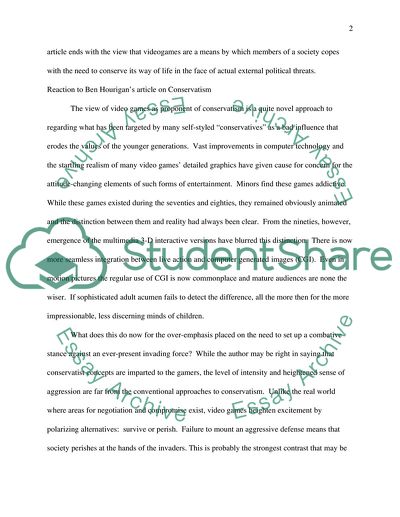Cite this document
(Insights on Five Ideologies Literature review Example | Topics and Well Written Essays - 3315 words, n.d.)
Insights on Five Ideologies Literature review Example | Topics and Well Written Essays - 3315 words. Retrieved from https://studentshare.org/social-science/1554938-international-relations-reports-on-political-ideologies-readings
Insights on Five Ideologies Literature review Example | Topics and Well Written Essays - 3315 words. Retrieved from https://studentshare.org/social-science/1554938-international-relations-reports-on-political-ideologies-readings
(Insights on Five Ideologies Literature Review Example | Topics and Well Written Essays - 3315 Words)
Insights on Five Ideologies Literature Review Example | Topics and Well Written Essays - 3315 Words. https://studentshare.org/social-science/1554938-international-relations-reports-on-political-ideologies-readings.
Insights on Five Ideologies Literature Review Example | Topics and Well Written Essays - 3315 Words. https://studentshare.org/social-science/1554938-international-relations-reports-on-political-ideologies-readings.
“Insights on Five Ideologies Literature Review Example | Topics and Well Written Essays - 3315 Words”, n.d. https://studentshare.org/social-science/1554938-international-relations-reports-on-political-ideologies-readings.


